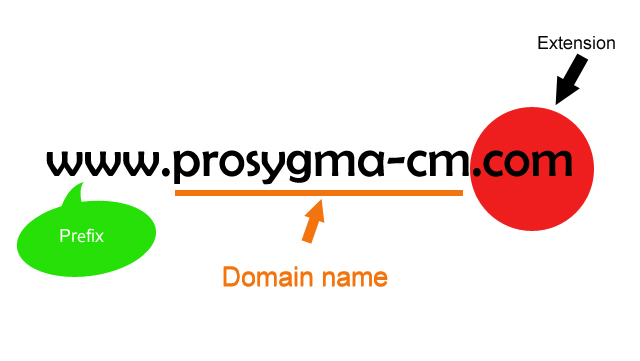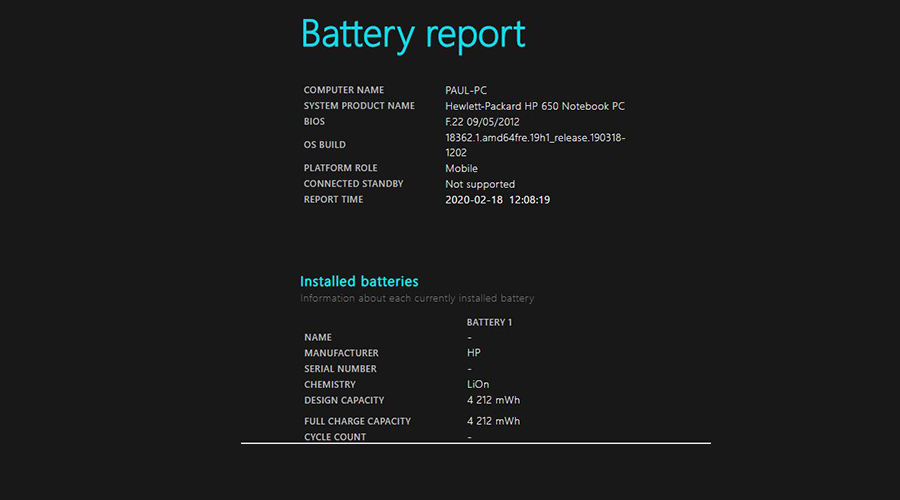
Cameroon - Digitalization: personal data at risk
According to a study conducted by the digital economy commission of Gicam, electronic platforms dedicated to tele-procedures do not offer full security to users' personal data and expose them to cyber-attacks.
About two million Cameroonian taxpayers are at risk of having their data hacked by cybercriminals. The alert comes from Gicam's digital economy commission, which has just published a study on the protection of personal data in Cameroon. The study reveals flaws in online registration, a service made available to taxpayers via the digital platform https://www.impots.cm.
The taxpayer can indeed have certain fiscal acts such as the remote tax return, the certificate of non-revenue or the online registration via this platform. However, the study notes that the registration data of all Cameroonian taxpayers (including personal data) are freely available on the website of the tax administration. These include, but are not limited to, surnames, first names and unique identification numbers (NIU). "Among these data, there are many that, alone or combined, would allow malicious individuals to carry out illegal actions. Indeed, the personal data available on this platform would allow, for example, to impersonate individuals or to carry out mass phishing operations. Especially since this platform is accessible from anywhere in the world, so to hackers of all horizons." The document states.
These observations also concern registration with the CNPS, registration on bloosat for covid-19 tests and the processing of personal data by insurers. The study points to an inadequate legal framework. "The lack of a definition of personal data. The content and constituent elements of personal data are not identified in either the 2013 Decree or the 2010 Cybercrime Law. In addition, the current legal regime does not define an appropriate framework for the collection, processing, transmission, storage or other use of personal data. The obligations of data controllers are not elaborated, the rights of individuals whose data is subject to collection are not defined." The study also notes that the National Agency for Information and Communication Technologies (ANTIC) does not have effective powers to protect personal data. Several recommendations are made. Among others, to map the exhaustiveness of data that will be qualified as personal data in Cameroon, to establish an independent body responsible for the implementation of the said law and the sanctioning of those responsible who violate the principles of processing personal data.
Source : newsducamer.com
Translated with www.DeepL.com/Translator (free version)







